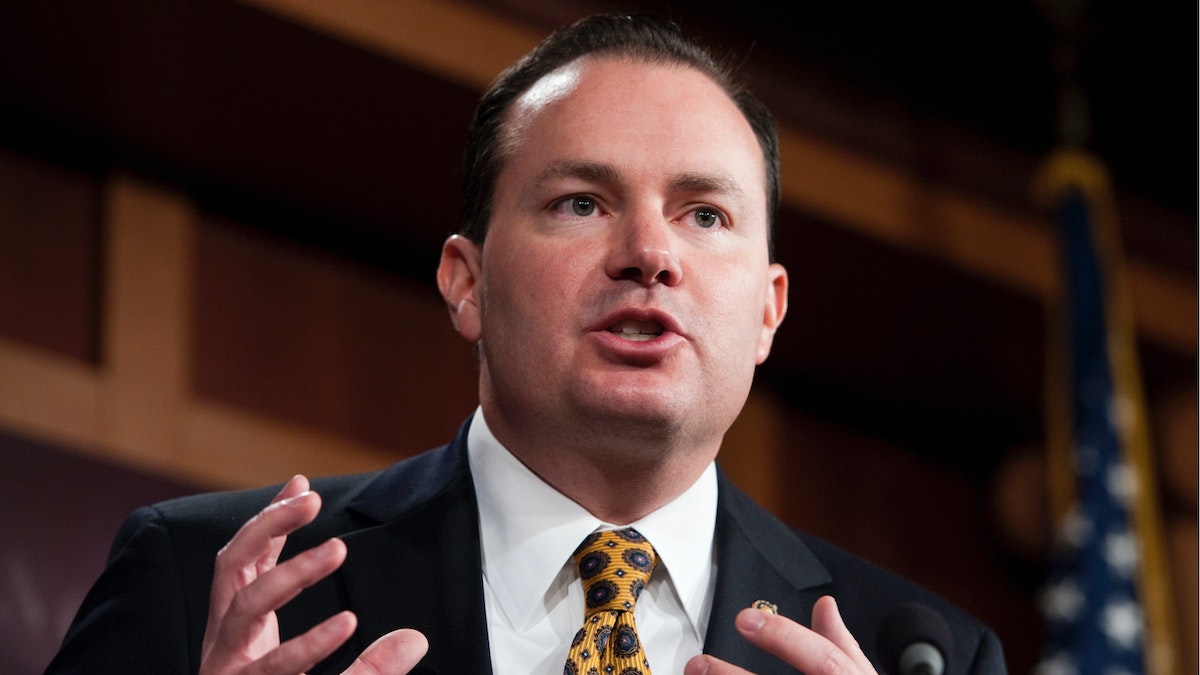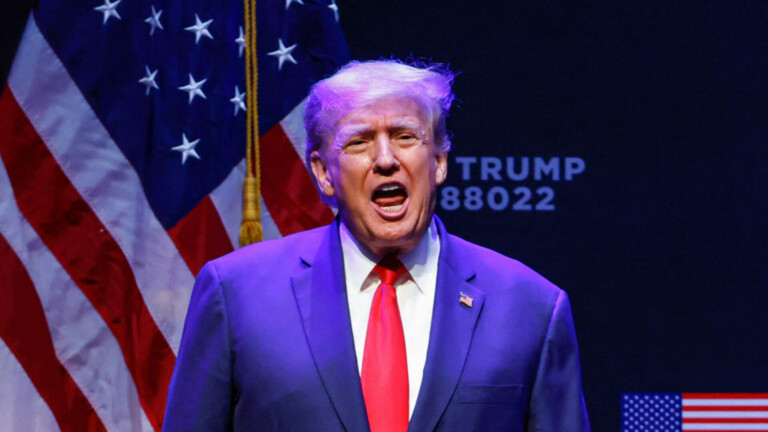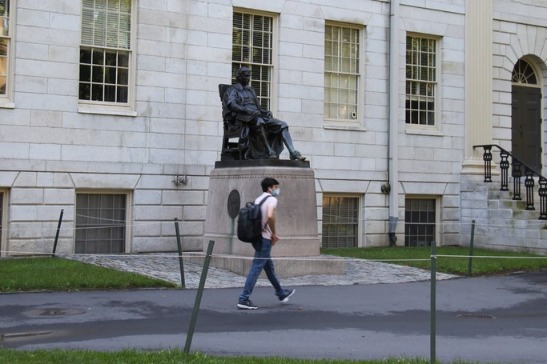Republican lawmakers at the state and federal levels have introduced multiple bills this week meant to prohibit or discourage the Federal Reserve from creating a central bank digital currency, also known as a CBDC.
Opponents of the so-called digital dollar contend that the asset, which would be managed by central bankers and tethered to the value of the physical dollar, would enable and increase government surveillance and control of private citizens. Sen. Mike Lee (R-UT) proposed one such piece of legislation on Thursday, comparing a potential digital dollar in the United States to an experimental digital yuan slated to be unveiled in China.
“Presently, the Federal Reserve is in the process of researching and developing its own CBDC that would, like China’s, centralize the government’s control over the economy, while strangling our fundamental liberties,” Lee said in a summary of his legislation. “An American CBDC would offer citizens nothing that they cannot already obtain through private financial innovation. Instead, it could make their every transaction known to the Federal Reserve, while converting banks and credit unions into merely wallets rather than private lending institutions.”
President Joe Biden has backed the study of a possible CBDC and launched a “whole-of-government approach to addressing the risks and harnessing the potential benefits of digital assets and their underlying technology.” The Federal Reserve recently conducted a study with Citi, Mastercard, BNY Mellon, and other financial institutions to determine the “feasibility of payments between financial institutions” using a digital dollar.
Sen. Ted Cruz (R-TX) and Sen. Mike Braun (R-IN) are also listed as sponsors of the bill, which would amend the Federal Reserve Act such that financial authorities cannot “mint or issue” a CBDC directly to an individual or to a digital currency intermediary.
Similar legislation was introduced last month in the House by Rep. Tom Emmer (R-MN) and nine other sponsors. “Any digital version of the dollar must uphold our American values of privacy, individual sovereignty and free market competitiveness. Anything less opens the door to the development of a dangerous surveillance tool,” Emmer said. “After all, America remains a technological leader not because we force innovations to adopt our values under regulatory duress, but because we allow technology that holds these values at their core to flourish.”
Survey results from the Cato Institute shared last week with The Daily Wire indicate that sizable majorities of Americans oppose the creation of a CBDC, especially if the technology caused the end of physical cash or permitted officials to monitor transactions.
The advent of a CBDC could emerge as an issue in the forthcoming Republican presidential primary race. Vivek Ramaswamy, an asset management executive and contender for the Republican nomination, has pressed every Republican candidate to denounce digital dollar initiatives. Gov. Ron DeSantis (R-FL) unveiled a proposal this week designed to prohibit the use of a CBDC in Florida and encouraged other states to follow suit, while Gov. Kristi Noem (R-SD) vetoed legislation that would have classified the asset as money in South Dakota. Neither DeSantis nor Noem have officially declared their candidacies for the Republican nomination.
Source: Daily Wire







